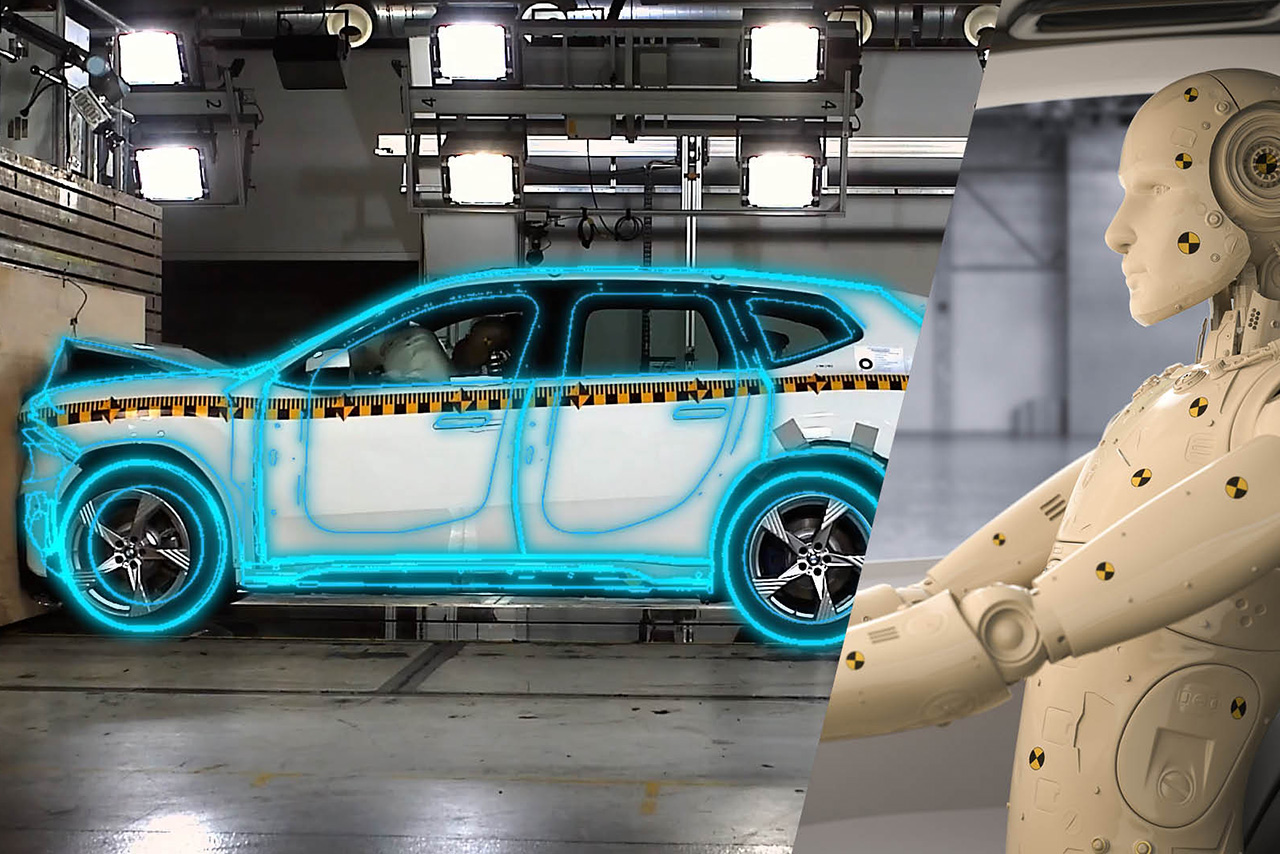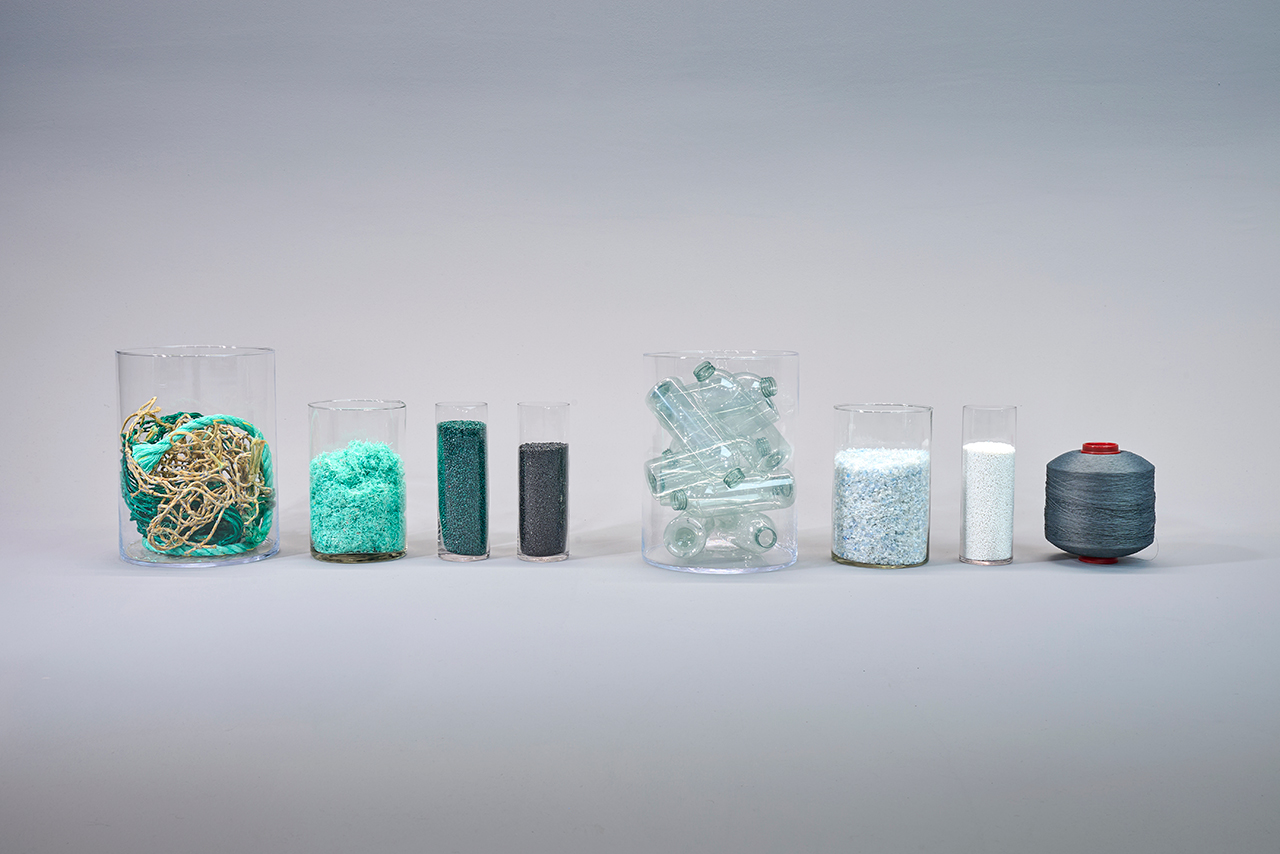The goal is clear: It is to build the world’s greenest electric vehicle. To this end, the BMW Group is developing groundbreaking lithium-ion cell technology for the New Class.
The next big step has been taken: Through the rapid development of cell technology, the BMW Group is strengthening its battery competence and accelerating the advancement of electric mobility. This significant objective is reflected in the New Class, a new generation of vehicles first presented by the BMW Group in March 2021. For this New Class, which features all-electric drive systems and is due to be launched at the middle of this decade, the BMW Group is already in the process of developing the next generation of its battery technology.
At the handing over of the subsidy contract pertaining to the battery IPCEI (Important Project of Common European Interest), Oliver Zipse, Chairman of the Executive Board of the BMW AG, stressed how tremendously important the New Class was for the future of electric mobility
“With the New Class, we will be taking a giant technological leap in the field of electric drive systems,” Zipse points out: “We aim to significantly increase the energy density of the cells and, at the same time, lower the cost of material input and production. We will also reduce the use of primary materials considerably in order to ensure the production of a truly “green” battery.“ By the end of the decade, it is intended to increase the energy density of battery cells by at least a medium double-digit percentage – starting from today’s already high level.
Sustainable energy storage as the key to success
During the comprehensive engagement within the framework of the two IPCEIs (Important Projects of Common European Interest), the BMW Group is developing sustainable, function-optimised and cost-efficient battery cells as the key element of a European cell and battery value chain. A project with this amount of global impact – both ecologically and economically – does, of course, require strong and trustworthy partners. Therefore, Oliver Zipse was recently presented with a subsidy grant by Peter Altmaier, Federal Minister for Economics and Energy, as well as Hubert Aiwanger, Bavarian Minister of State for Economics, State Development and Energy. Both ministries support the project within the framework of the European IPCEI subsidy programme.















